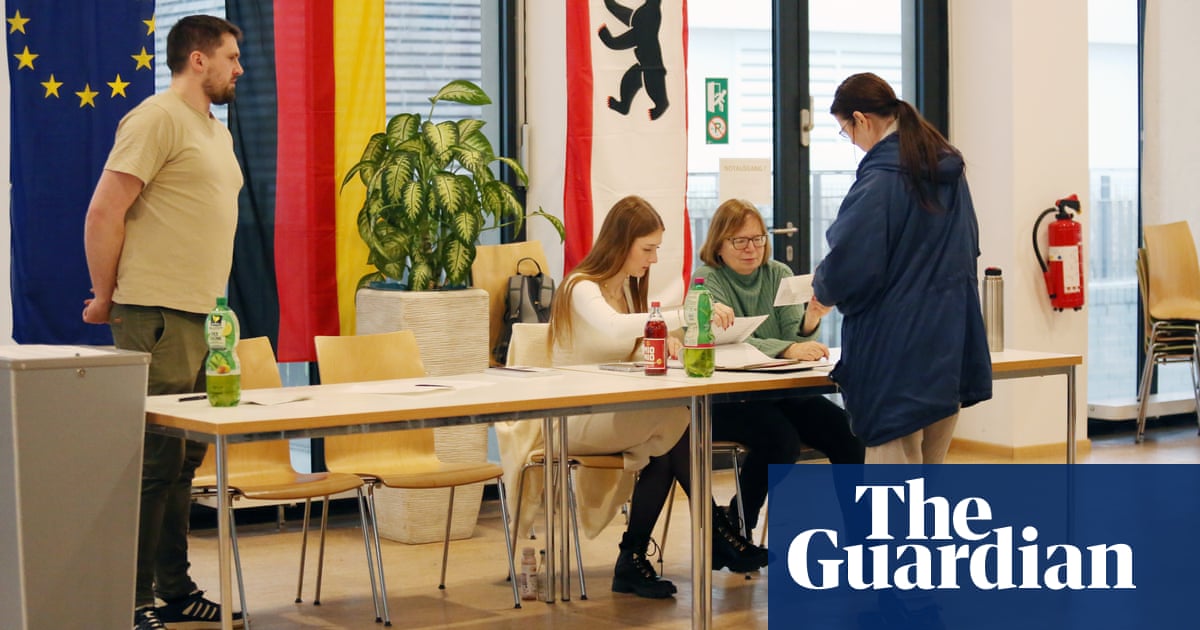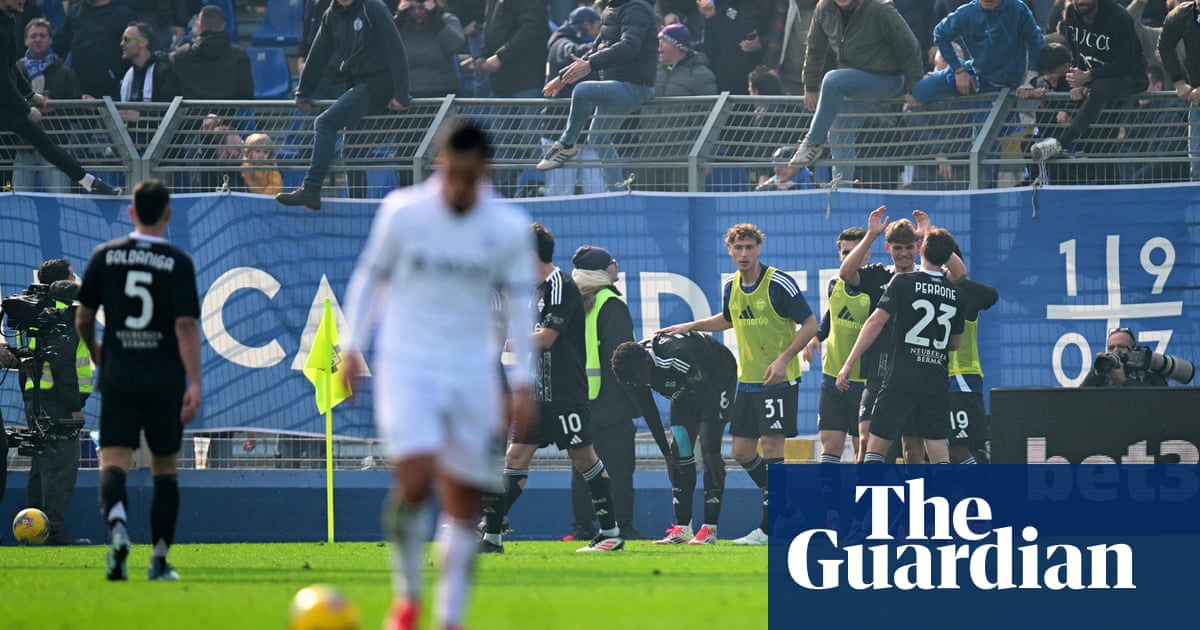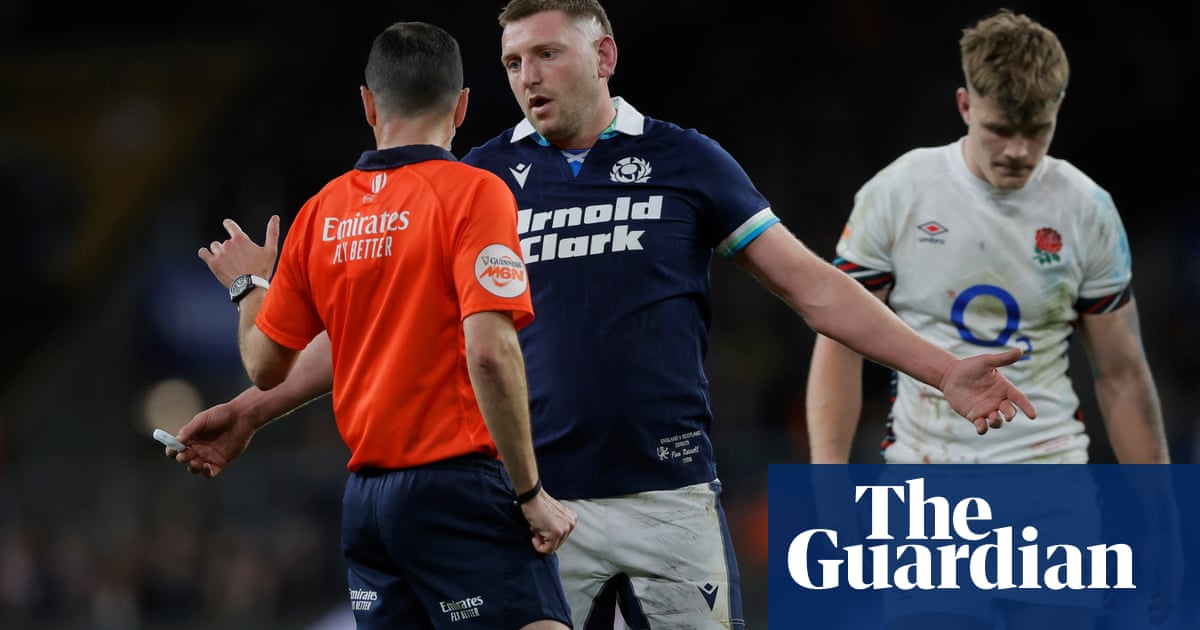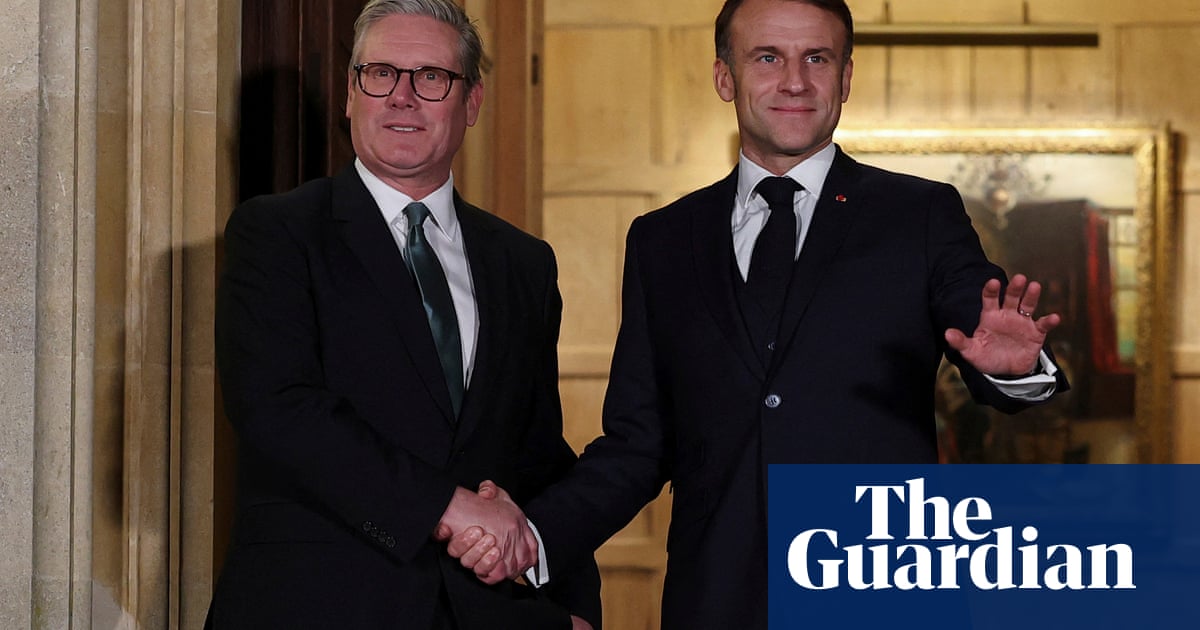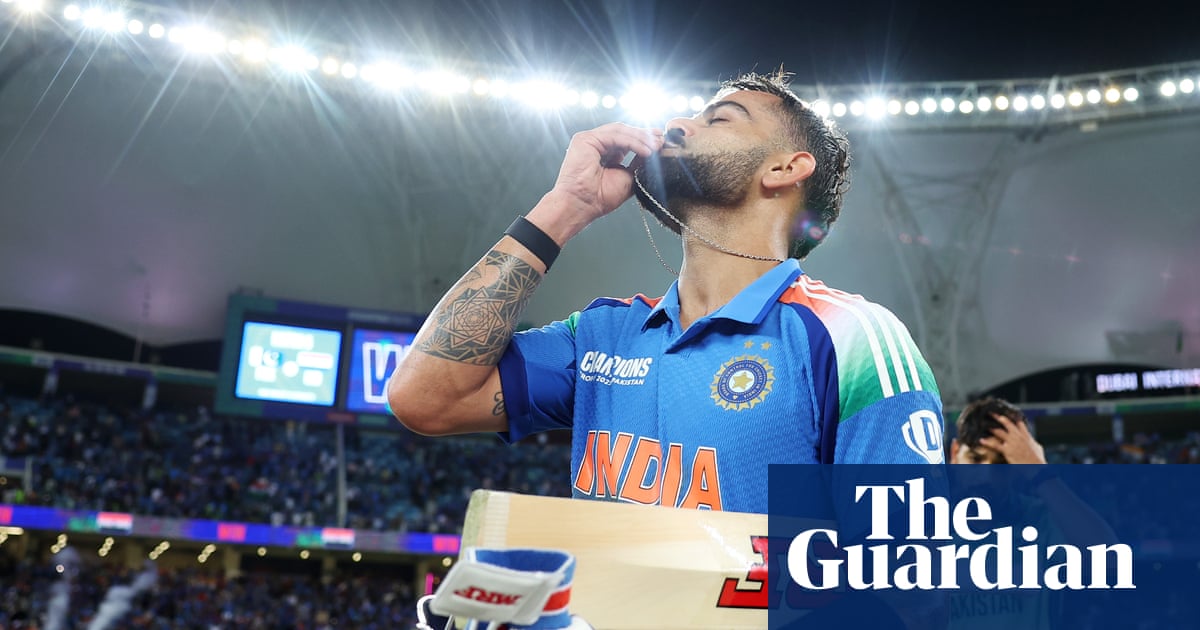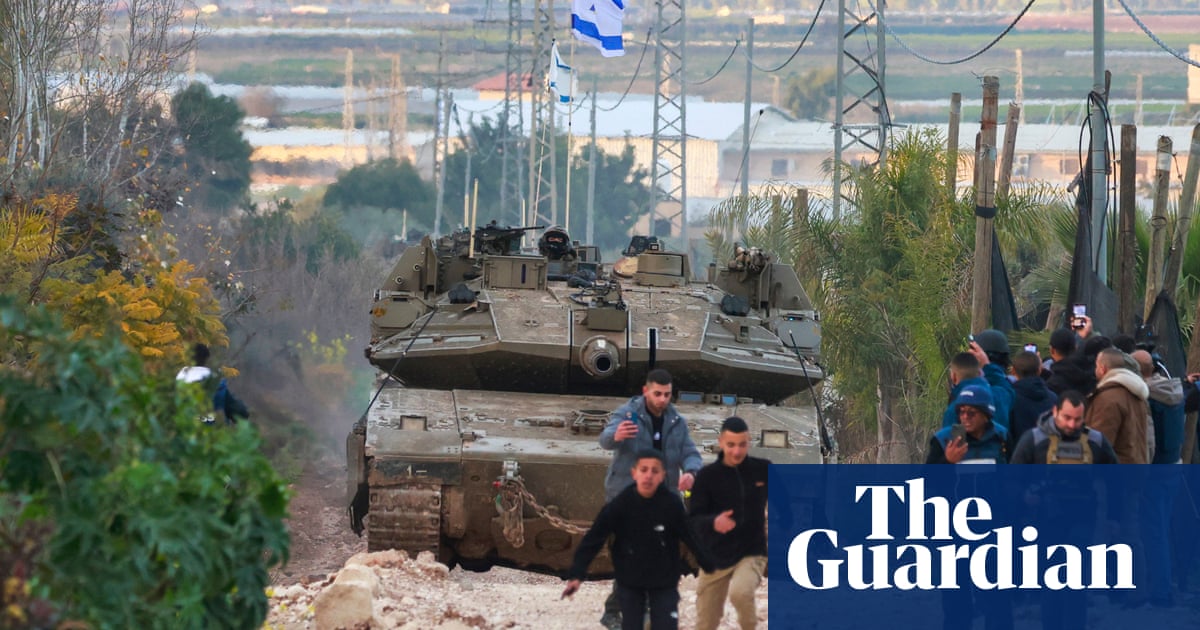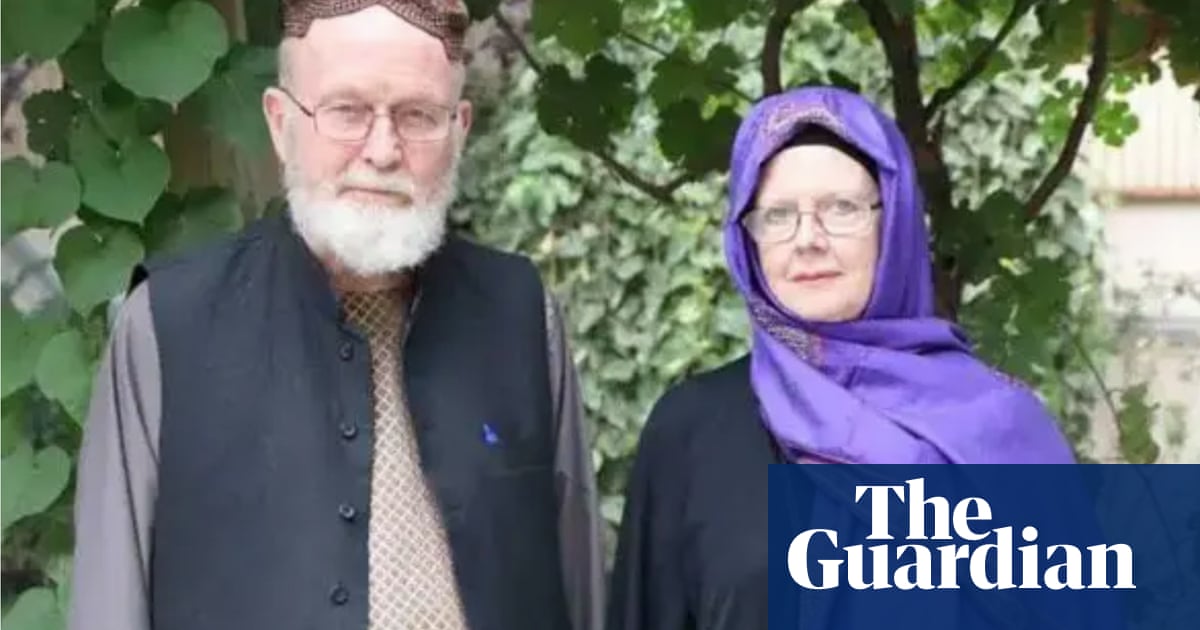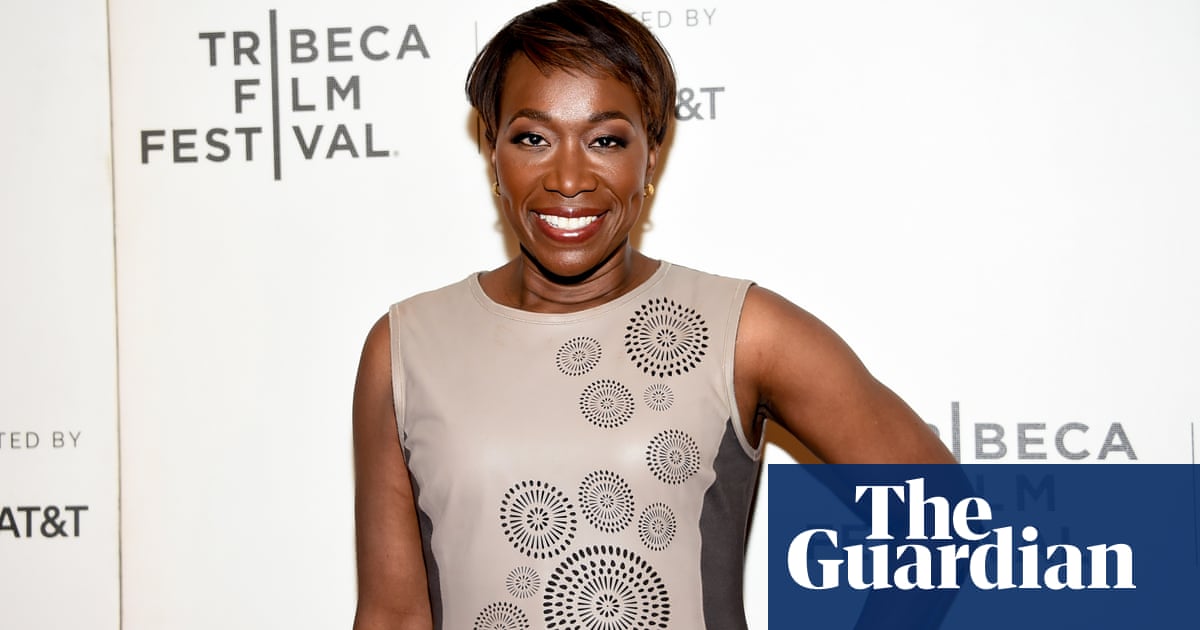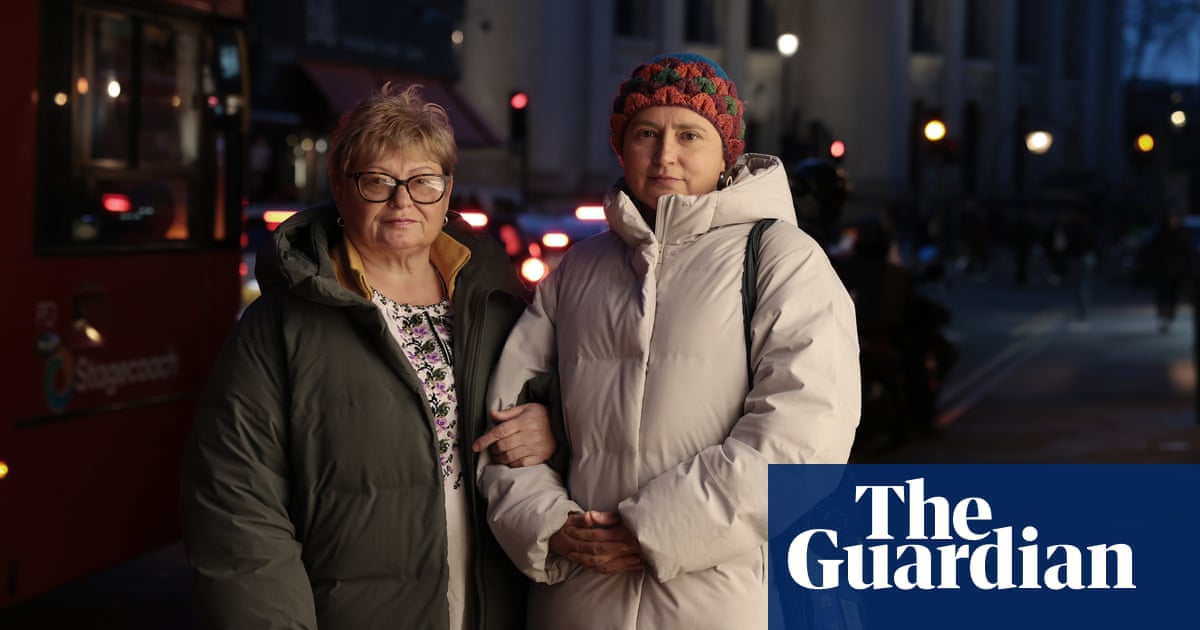The former chief prosecutor of the international criminal court (ICC) Fatou Bensouda has said she was subjected to “thug-style tactics”, threats and intimidation while in office.
Bensouda, who held the post between 2012 and 2021, said that when she was working on some the court’s most politically sensitive cases she experienced “direct threats to my person and family”.
The former prosecutor was speaking at an event in London on Tuesday evening where she made rare public remarks about hostile actions taken against her and the court during her tenure.
Although Bensouda did not make this link, a Guardian investigation revealed in May how an Israeli spy chief allegedly threatened her in an attempt to prevent an investigation into war crimes and crimes against humanity in the occupied Palestinian territories.
According to the investigation, the head of Israel’s intelligence agency, the Mossad, ran a covert operation against Bensouda as part of a broader campaign of surveillance and espionage by Israel against the ICC.
Responding to the allegations at the time, a spokesperson for the Israeli prime minister’s office said: “The questions forwarded to us are replete with many false and unfounded allegations meant to hurt the state of Israel.” A military spokesperson added: “The IDF [Israel Defense Forces] did not and does not conduct surveillance or other intelligence operations against the ICC.”
Bensouda was of intense interest to Israel’s intelligence agencies after she opened a preliminary inquiry in 2015 into allegations of crimes committed by Israel’s armed forces and Palestinian militants.
She said that it was in the context of the Palestine case, as well as a separate investigation into alleged war crimes in Afghanistan, including by US military personnel, that the ICC faced “unprecedented pressures”.
The former prosecutor insisted the threats against her and some of her closest advisers did not hinder their work. “The unacceptable thug-style tactics, threats, intimidation and even sanctions did not result in me or my office failing to fulfil our obligations,” she said.
Bensouda, who is now the Gambia’s high commissioner to the UK, made the remarks in a lecture on international rule of law organised by the Bar Council of England and Wales, during which she also commented on recent developments in the ICC’s Palestine case.
Shortly before leaving office in 2021, Bensouda upgraded the case to a formal criminal investigation. Her successor, Karim Khan, inherited the inquiry and later accelerated it after the Hamas-led 7 October attacks and Israel’s ensuing bombardment of Gaza.
Last week, a panel of ICC judges approved applications filed by Khan for arrest warrants against the Israeli prime minister, Benjamin Netanyahu, the country’s former defence minister Yoav Gallant and Hamas military leader Mohammed Deif.
after newsletter promotion
However, Bensouda noted in her lecture the warrants “did not include the lines of inquiry that formed the basis of the opening of the investigation”, including illegal settlements in the West Bank and the “transfer of populations into or out of occupied territory”.
She added: “It will be important to ensure the full extent of criminality in the context of this devastating conflict is fully investigated”.
Since the arrest warrants were issued on Thursday, the ICC has come under fire from political leaders around the world. Court officials are understood to be preparing for a second US administration led by Donald Trump, who as president targeted Bensouda in 2020 with sanctions in connection to the ICC’s Afghanistan and Palestine cases.
Bensouda mounted a spirited defence of the court and its mission in her lecture, insisting that it “must continue to do its jobs without political interference”.
She warned the court itself that it “must not allow political calculations to factor into its decision making” and said support from the ICC’s member states is “crucial to insulate the court from pressure and political manipulation of any kind.”

 2 months ago
47
2 months ago
47
